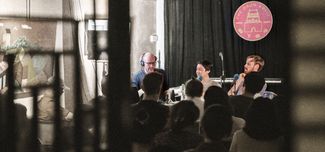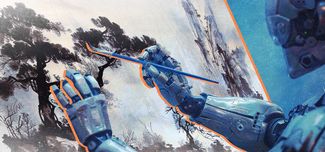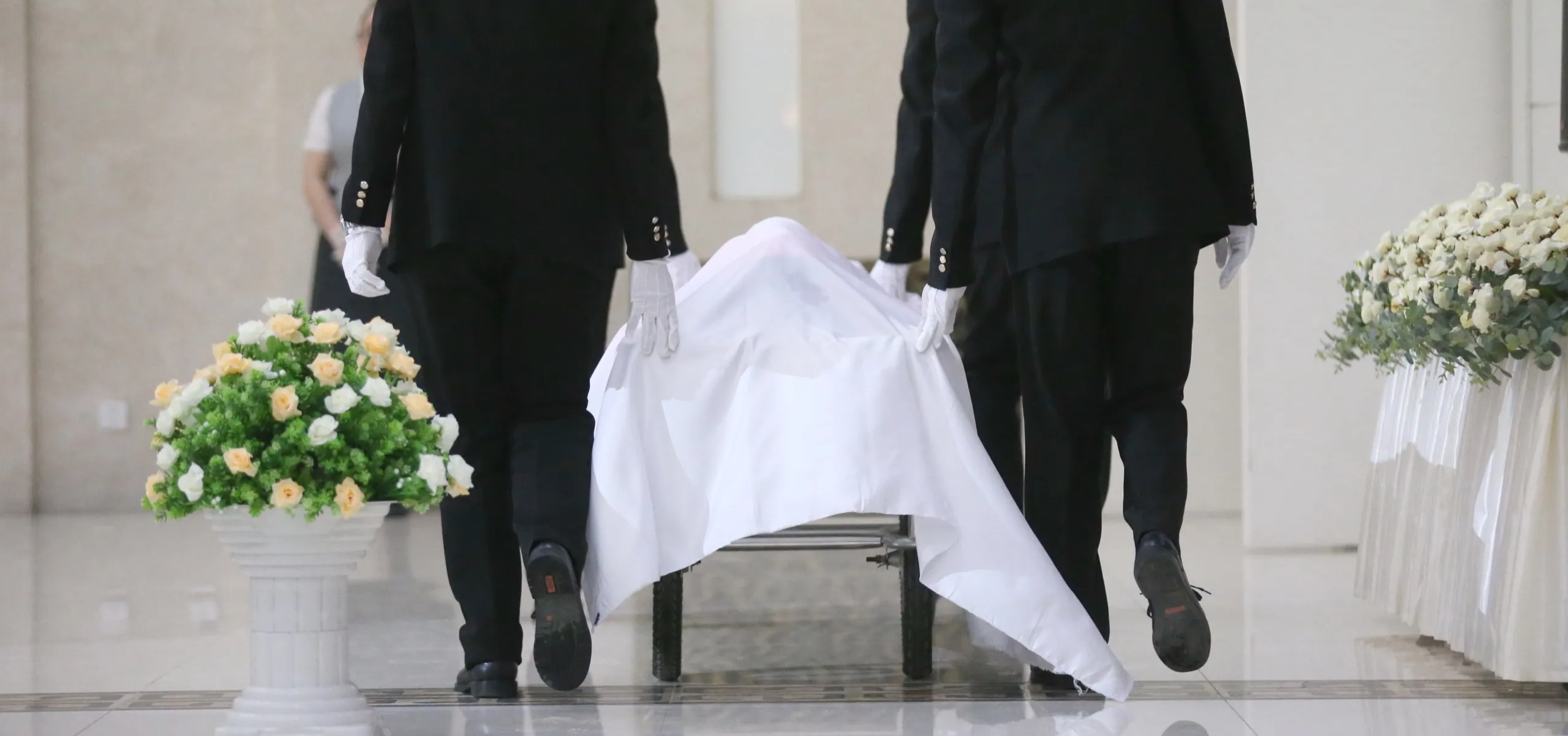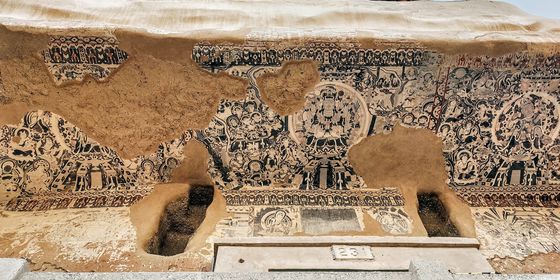Staking out hospitals, meeting body quotas: a “body transporter” shares his memories from the competitive undertaking of death
1 / 8
After I quit my job in 2016, I drifted between work for six months. I delivered express packages and takeout, sold houses, jumped from job to job without making much money. Finally, I summoned the courage to walk into a funeral home and apply for a job as an undertaker. Though the salary wasn’t high—2,200 yuan a month during the probationary period and 3,800 yuan after I passed—the funeral home was state-owned, so it offered various other benefits.
As part of its reforms to the funeral services sector, the city’s Bureau of Civil Affairs had built a funeral home in each district. These were administered by the government and operated as businesses, offering receptions and funerals but not cremation services. My one had just been established; it was still recruiting and training employees, and hadn’t started operating. We spent the first two months of our employment learning funerary knowledge and skills, internalizing the etiquette, and learning industry terms. I painstakingly made my way through a book called Transporting Human Remains.
After two months, the funeral home finally opened. I was part of a six-person transport crew whose job was to collect the remains and bring them to the funeral home. We were paired off, two to a vehicle. My partner’s name was Zhang Hao.
At noon that same day we opened, my team was summoned to pick up a body. Because it was our first job, the director went with us.
The pick-up location was on the 16th floor of the hospital. After arriving, we gingerly loaded the body into a sanitary coffin (a cardboard casket for transporting remains) under the direction of the next of kin. We put the sanitary coffin on a stretcher, then the two of us started carrying the stretcher toward the elevator door.
Since it was lunchtime, many people were using the elevator, and it took forever to arrive. My hands were aching, and fat beads of sweat kept dripping onto the ground. I looked up at Zhang Hao. His face was flushed, veins bulging on his neck, and he was breathing heavily. The director had emphasized during training that placing remains on the ground was the biggest taboo in this line of work, so we had no choice but to keep holding the stretcher up.
After a while, I couldn’t take it anymore, so I begged the director to help. The director was reluctant—after all, this wasn’t his job—but lacking other options, he reached over to hold the middle of the stretcher.
The three of us held out for another 10 minutes before the elevator finally arrived. But after we got on, people kept going up and down. The elevator stopped and started, but it never seemed to get any closer to the bottom—it was the worst experience of my life up to that point. By the time the elevator stopped and we got the body loaded into the van, I felt like a heap of mud.
“This work is inhumane!” I complained to Xiao Yang, a colleague from one of the other teams. Xiao Yang had done this kind of work before. After he heard my story, he doubled over laughing. “Who the hell told you you couldn’t put the bodies on the ground? If you can’t hold them up, what’s wrong with putting them down to rest for a second? Don’t you know you can ask their next-of-kin to help? You’re a grown man, and you’re sweating over that petty shit?”
I had a sudden moment of clarity. After that, I stopped paying attention to what the director told us during training. Sure enough, things got easier.














